Choosing the right dog for your lifestyle can be a lot like finding the perfect pair of shoes. Just as you wouldn’t wear hiking boots to a beach party, not every dog fits every owner’s lifestyle. It’s crucial to match the dog’s temperament, size, and energy level with what you can offer. Some people thrive with small dogs, while others are better off with larger breeds. Let’s explore the types of owners best suited to each.
1. City Dwellers and Small Dogs
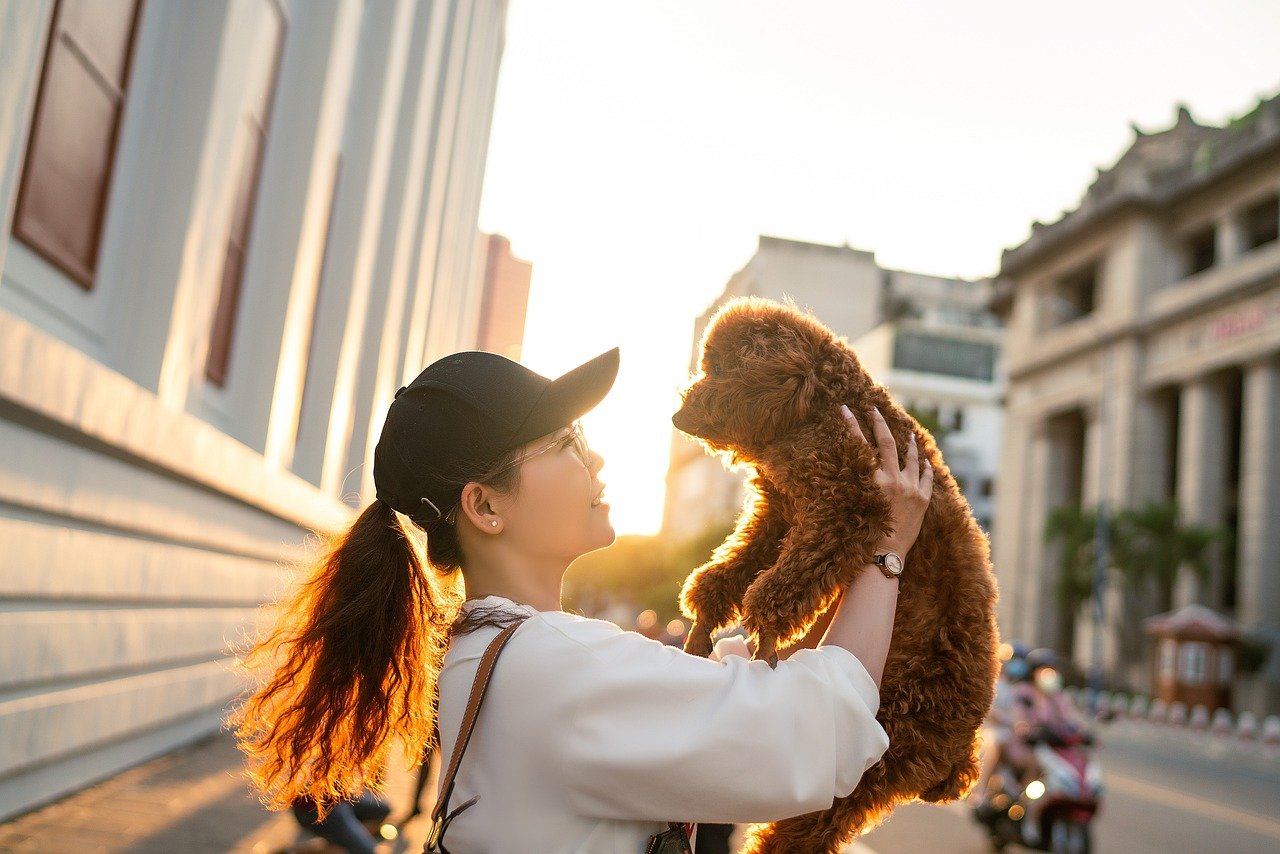
Living in the hustle and bustle of the city, space is often a luxury. Small dogs are perfect companions for city dwellers as they require less room to roam. Imagine living in a compact apartment where space is at a premium. A small dog can comfortably navigate such environments without feeling cramped. Their petite size means they’re easy to carry and transport. Additionally, many small dog breeds adapt well to the urban lifestyle, thriving on short walks and enjoying the sights and sounds of city life. Plus, they’re easier to manage in crowded spaces, making public transport a breeze.
2. Families with Young Children and Large Dogs
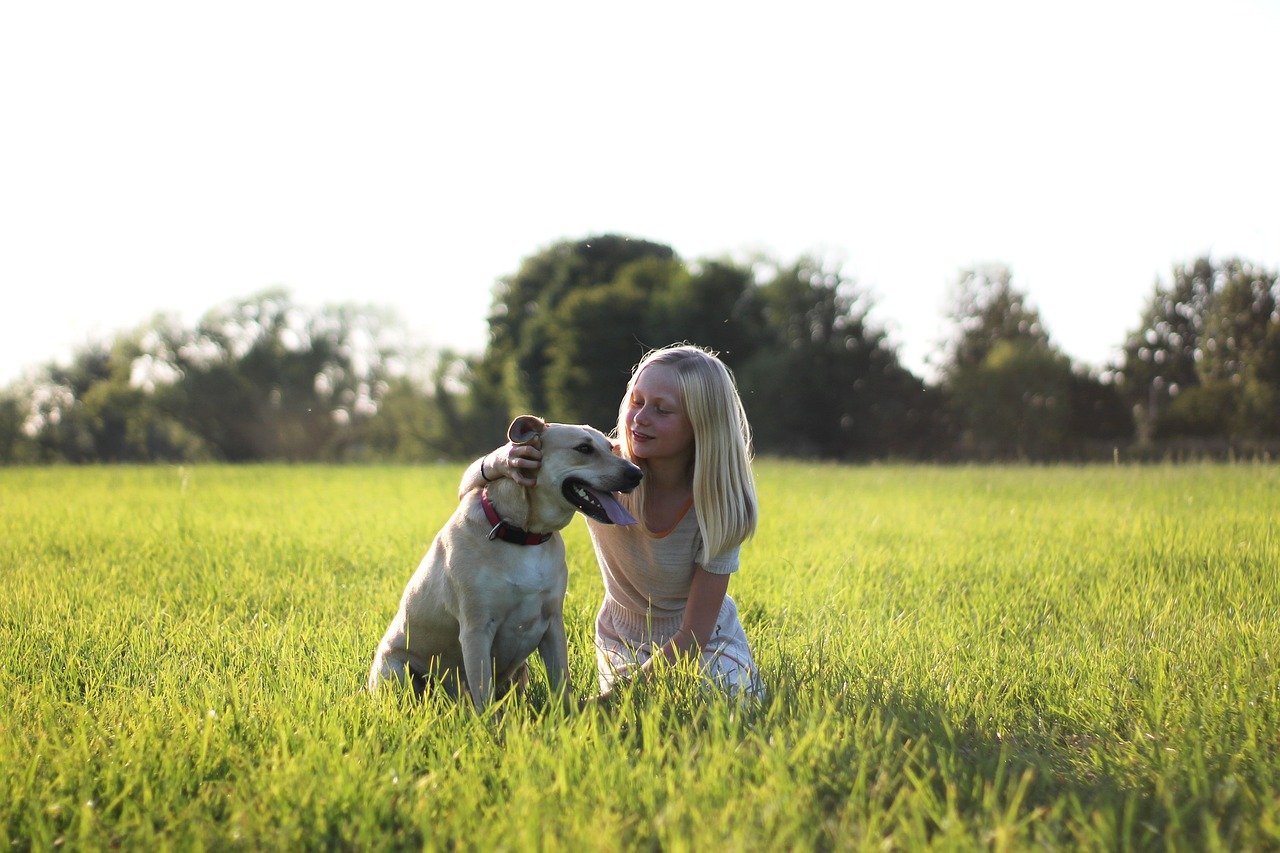
Families with young children often find large dogs to be the perfect addition to their household. Picture a big, fluffy dog playing in the backyard with the kids, providing both entertainment and protection. Large dogs are often more tolerant of the rough-and-tumble play that comes with young children. They can be gentle giants, offering a sense of security and companionship. Moreover, their sturdy build ensures they can handle the occasional tug or bump from playful little ones. For many families, a large dog becomes not just a pet but a beloved member of the family.
3. Seniors and Small Dogs
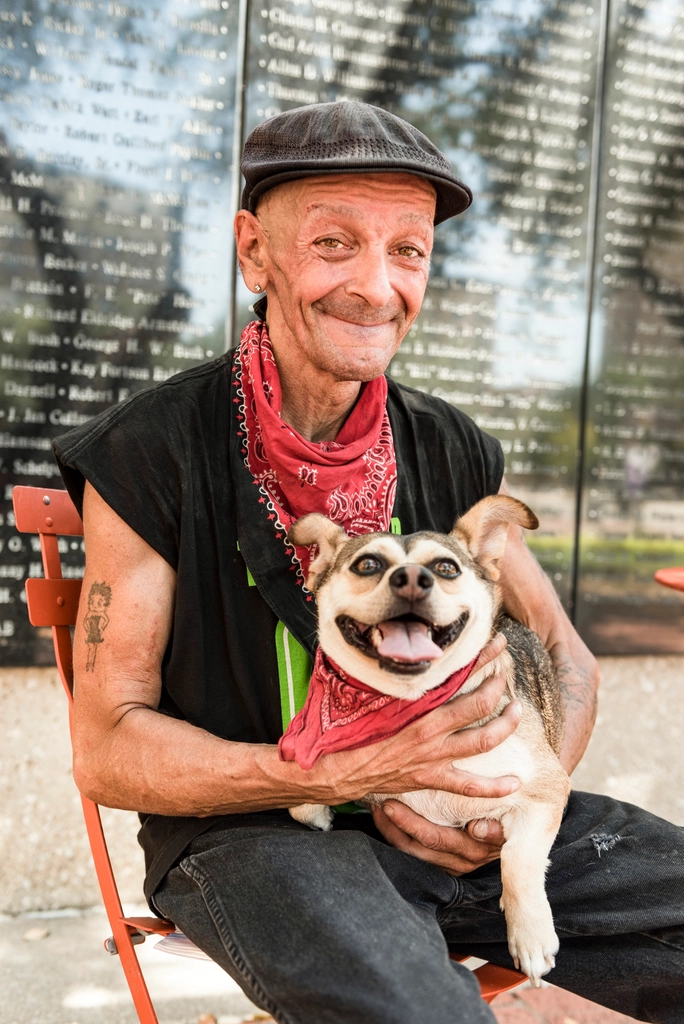
For seniors, small dogs can be the ideal companions. As people age, they may find it challenging to handle larger breeds. Small dogs require less physical strength to manage, especially during walks or visits to the vet. Imagine the joy of having a little furry friend who fits comfortably in your lap, providing warmth and companionship. These dogs often have lower exercise needs, making them easier for seniors to care for. Plus, their affectionate nature can be a source of comfort and joy, helping to reduce loneliness and provide a sense of purpose.
4. Outdoor Enthusiasts and Large Dogs
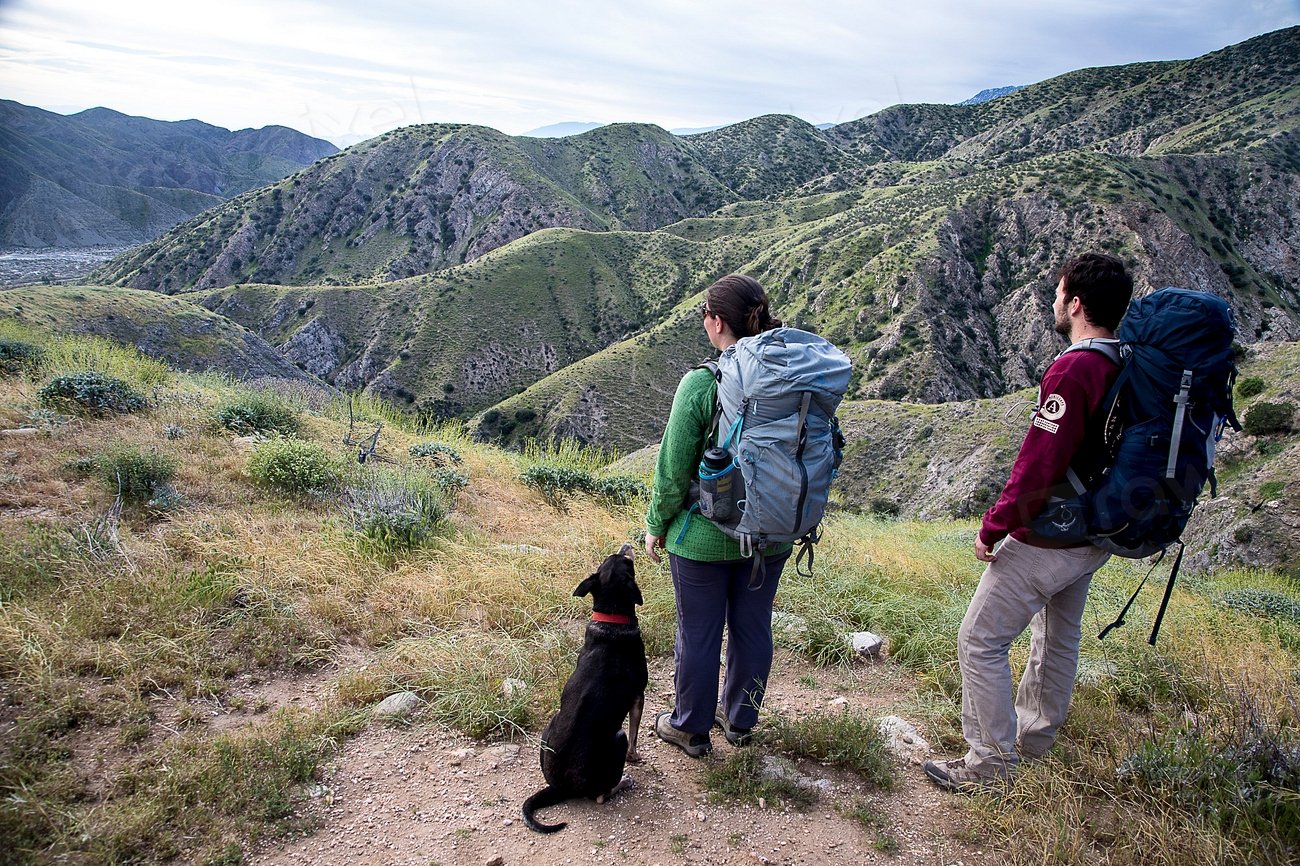
Outdoor enthusiasts, rejoice! Large dogs often make the best companions for those who love hiking, running, or any outdoor activity. Picture yourself exploring trails or playing fetch in vast open fields with a loyal, energetic dog by your side. Many large breeds have high energy levels and thrive in environments where they can stretch their legs and explore. They often have the stamina to keep up with long adventures, making them perfect partners for active individuals. If you love the great outdoors, a large dog might be your ideal match.
5. Busy Professionals and Small Dogs

For busy professionals always on the go, small dogs can be a blessing. These dogs are often more adaptable to varied schedules, requiring shorter walks and less maintenance than their larger counterparts. Imagine coming home after a long day at work to a little dog excitedly greeting you at the door. Small dogs typically need less space and are easier to transport, making them perfect for those who might travel frequently. Their compact size means they can often accompany you to work or on trips, providing consistent companionship despite a hectic lifestyle.
6. Homebodies and Large Dogs
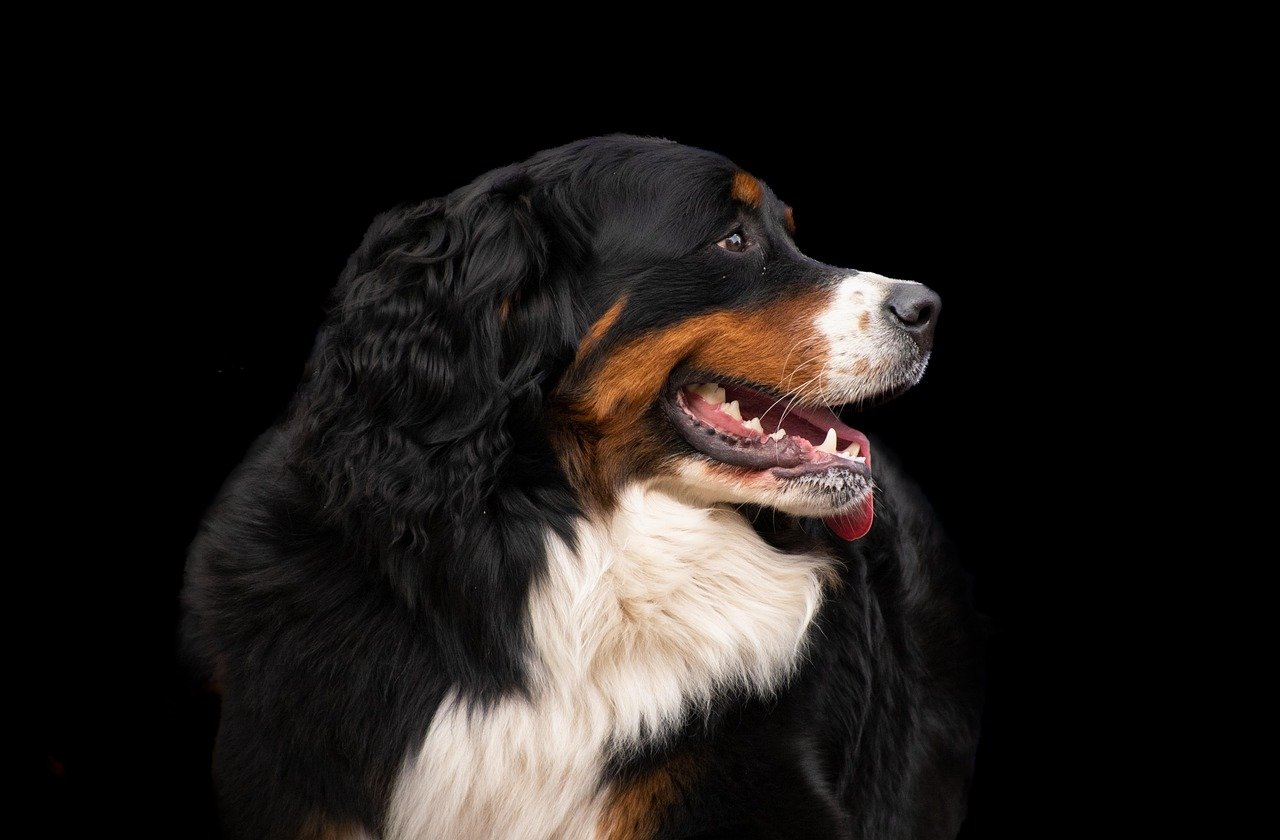
If you’re someone who enjoys spending time at home, lounging on the couch or in the garden, a large dog might be your perfect companion. Large dogs often enjoy relaxing alongside their owners, providing a sense of comfort and companionship. Picture a cozy evening with a big dog resting at your feet, keeping you company. They often have a calm demeanor, enjoying a balance of activity and rest. For those who cherish the quiet moments at home, a large dog can be the perfect partner to share them with.
7. First-Time Dog Owners and Small Dogs
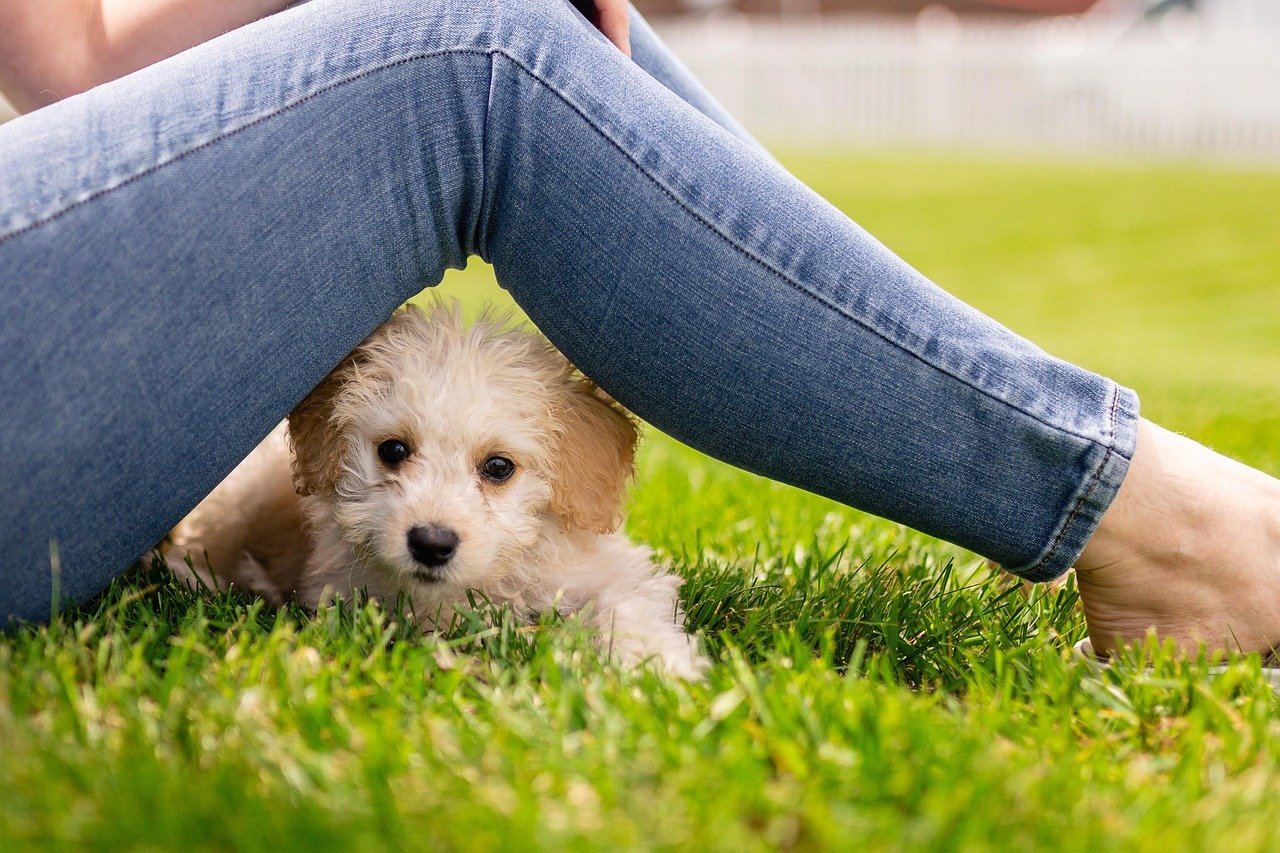
First-time dog owners might find small dogs easier to manage as they get accustomed to the responsibilities of pet ownership. Imagine diving into the world of dog ownership with a manageable, friendly, and easy-to-care-for pet. Small dogs often have fewer dietary needs and are easier to train, making them a great starting point for new owners. Their smaller size also means they require less space and can be more affordable in terms of food and healthcare. For those new to the canine world, small dogs can offer a gentle introduction.
8. Experienced Dog Owners and Large Dogs
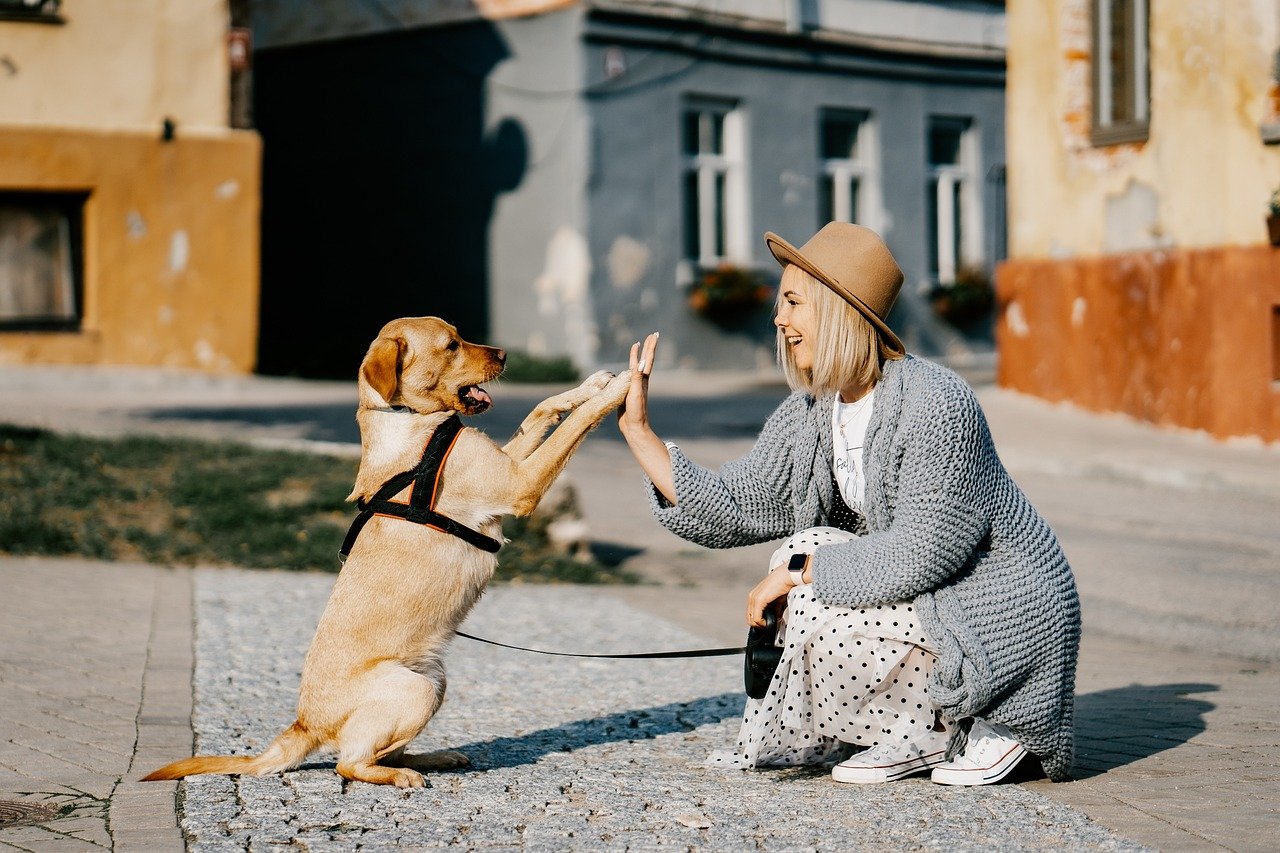
Experienced dog owners often appreciate the challenges and rewards that come with large breeds. With experience under their belt, these owners are better equipped to handle the training and care that large dogs require. Picture an owner who knows the ins and outs of dog behavior, confidently managing a large, energetic dog. These dogs often require more structure and training, which experienced owners can provide. For those who have had dogs before, a large breed can offer a fulfilling and rewarding companionship.
9. Apartment Dwellers and Small Dogs

Apartment living presents unique challenges, making small dogs an excellent choice for those in smaller spaces. Imagine sharing a cozy apartment with a dog that doesn’t need a backyard to thrive. Small dogs adapt well to indoor living, often content with short walks and indoor play. Their size makes them ideal for apartments, where space is limited. Plus, they’re often quieter than larger breeds, making them a good fit for shared living environments where noise can be an issue. For apartment dwellers, small dogs can be the perfect fit.
10. Suburban Families and Large Dogs
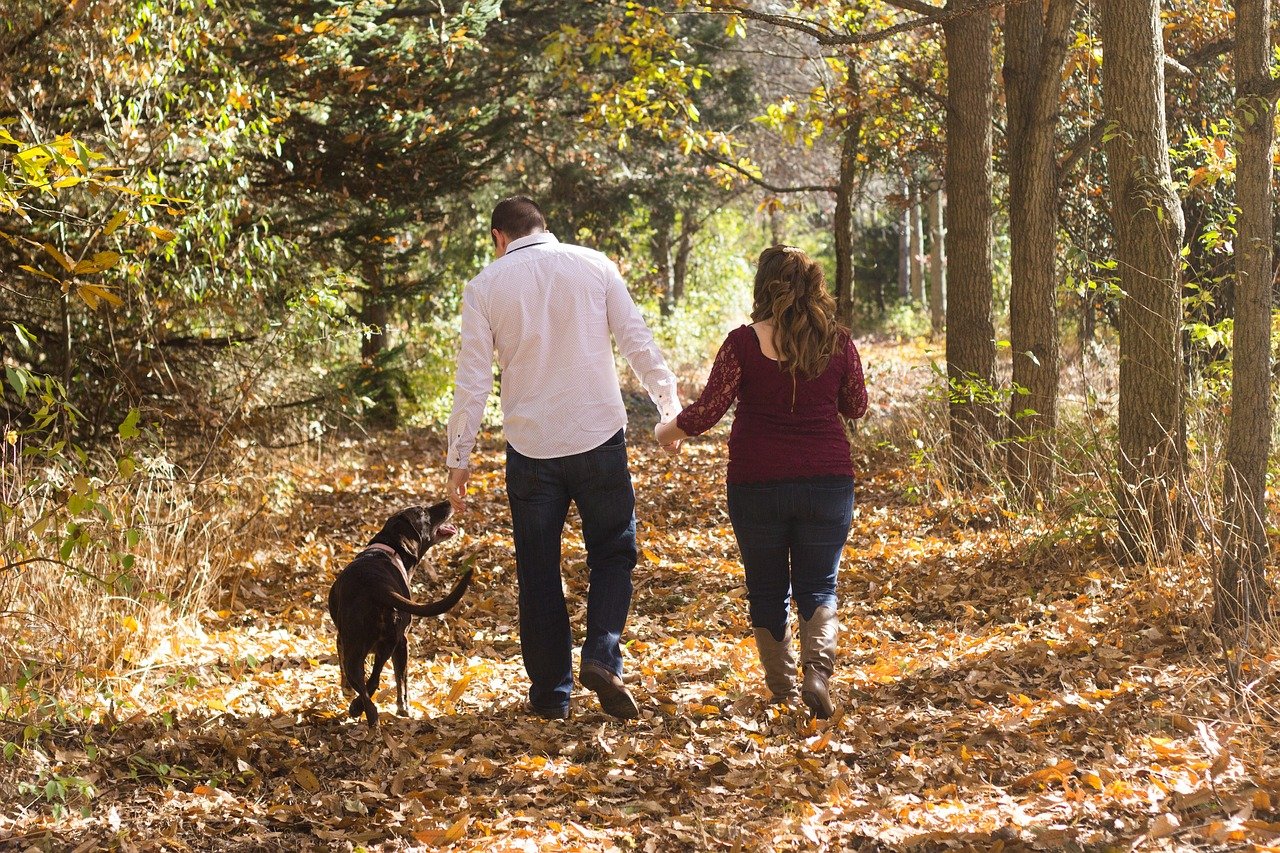
Suburban families often find large dogs to be the perfect fit for their lifestyle. With more space to roam, a large dog can enjoy the freedom of a backyard and the companionship of family members. Picture a family outing to a local park, with a large dog happily running alongside the kids. Suburban areas often provide the space and environment that large dogs thrive in, allowing them to express their energy and enjoy outdoor activities. For families in the suburbs, a large dog can bring joy, companionship, and a sense of security.
In conclusion, whether you lean towards a small dog or a large one, the key is to find a furry friend that complements your lifestyle. Understanding your needs and the dog’s requirements ensures a harmonious relationship.






